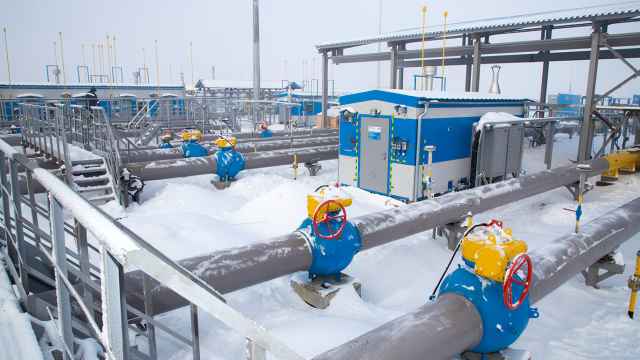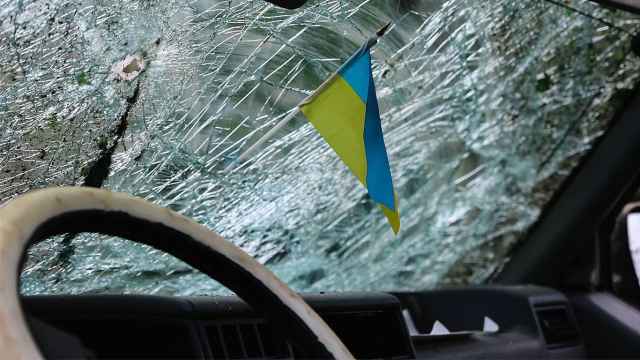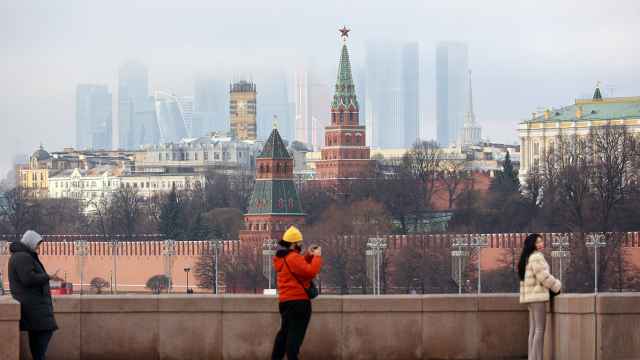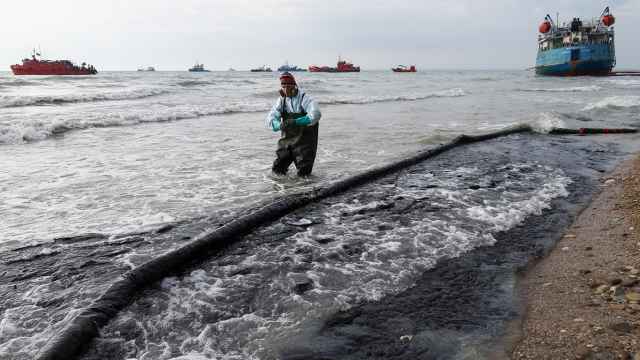In Russia's long and proud history, many initiatives have been launched to integrate the country into the wider world and to open up its vastness to foreign commerce, ideas and culture.
Now Russia is embarking on an exercise of economic integration unlike any that has preceded it. On Friday at the World Trade Organization's Ministerial Conference, ministers from our 153 member countries will welcome Russia to their ranks.
We should not underestimate the significance of this event. Russia's entry will have a profound impact on the nation, its trading partners, the WTO and the multilateral trading system. Coming under WTO rules will open the country up and cast it in a new light.
All WTO accessions are important, but Russia is a member of the United Nations Security Council, the Group of 20 and the G8. It is a very big actor on the world stage, and this accession is a major achievement, certainly for Russia, but for the WTO as well. Russia is the 12th-largest trading nation in the world ($400 billion in exports and $250 billion in imports), and until we have this important country among our members we cannot truly be the World Trade Organization.
Joining the WTO will create new market opportunities for Russian businesses. Those businesses will very soon operate in a more predictable and transparent commercial environment than in the past. No longer can governments discriminate against Russian exports or arbitrarily raise access barriers to their markets. Should Russia feel its rights or interests have been compromised, WTO membership provides a trusted mechanism for defending those rights and interests. Importantly, Russia's population of nearly 150 million will gain significantly through lower prices and a greater selection of available goods and services.
Membership in the WTO will also make Russia a more attractive location for foreign investment. In applying WTO rules, Russia becomes a better place to do business. Foreign investors know this and have always viewed WTO membership as an internationally recognized quality seal of approval. The correlation between WTO membership and flows of inward foreign direct investment is very strong. In 2000, the year before the Chinese accession, foreign direct investment into China came to $40 billion, but by 2010 that figure had jumped to $185 billion. Also, look at Saudi Arabia, which joined the WTO in 2005. That year, foreign direct investment was $2 billion, and by 2010 it had increased to $21 billion. Last but not least, Vietnam, which joined in 2007. In 2006, Vietnam's level of foreign direct investment was $2.4 billion, and by 2010 it had nearly quadrupled to $8 billion.
The accession process, like any negotiation, is about give and take, and Russia's trading partners will undoubtedly have new opportunities in the Russian marketplace. Greater openness and fewer distortions will lead to economic reforms, and this will render the country more efficient and competitive. This competition will also spark innovation among domestic businesses and boost Moscow's efforts to diversify the country's economic base and enhance its manufacturing prowess. Russian negotiators have, moreover, secured transition periods for agriculture producers, services providers and manufacturers, which will provide a degree of comfort as these sectors adjust to the more competitive environment.
It has taken 18 years to complete the accession process, but at the end of day it's not the length of your journey that matters but that you arrive at your destination in good condition. And more important, it is about ensuring that the rules you have signed are applied on the ground. That is very much the case with Russia's accession. If you consider the state of its economy 18 years ago, there is little comparison to today.
I am convinced that the choice that the Russian leadership has made will greatly contribute to the country's economic development.
Pascal Lamy is director-general of the World Trade Organization.
A Message from The Moscow Times:
Dear readers,
We are facing unprecedented challenges. Russia's Prosecutor General's Office has designated The Moscow Times as an "undesirable" organization, criminalizing our work and putting our staff at risk of prosecution. This follows our earlier unjust labeling as a "foreign agent."
These actions are direct attempts to silence independent journalism in Russia. The authorities claim our work "discredits the decisions of the Russian leadership." We see things differently: we strive to provide accurate, unbiased reporting on Russia.
We, the journalists of The Moscow Times, refuse to be silenced. But to continue our work, we need your help.
Your support, no matter how small, makes a world of difference. If you can, please support us monthly starting from just $2. It's quick to set up, and every contribution makes a significant impact.
By supporting The Moscow Times, you're defending open, independent journalism in the face of repression. Thank you for standing with us.
Remind me later.






